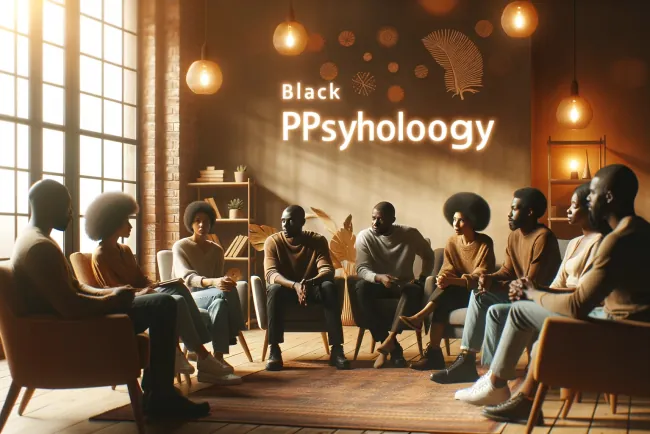Bloody Psychology: Understanding Violence and Aggression
The realm of 'bloody psychology,' a term used to explore the psychological underpinnings of violent and aggressive behaviors. Understand how factors like psychopathology, societal influences, and biological traits contribute to violence

'Bloody psychology' isn't a formally recognized field within academic psychology but is a colloquial term that might refer to the psychological exploration of violent, brutal, or macabre human behaviors. This term could encompass the study of psychological conditions or traits associated with violent criminals, the effects of exposure to violence, or even the broader implications of aggression in society. For the purposes of this article, we will delve into how psychology addresses these darker aspects of human behavior.
Understanding Aggression and Violence in Psychology Psychology aims to understand why individuals engage in violent behavior. This includes studying the biological, psychological, and social factors that contribute to aggression. Theories in psychology that explain violent behavior include:
-
Biological Theories: These suggest that genetic predispositions, hormonal influences, and brain abnormalities can predispose individuals to violent behavior. Neurological studies often focus on areas of the brain like the amygdala and prefrontal cortex, which regulate emotions and impulse control.
-
Psychodynamic Theories: Originating from Freudian thought, these theories suggest that violence and aggression are the results of unresolved inner conflicts, often stemming from childhood experiences.
-
Behavioral Theories: These focus on how behavior is learned through interactions with the environment. The Social Learning Theory, for instance, posits that people can learn violent behaviors through observation and imitation of others, particularly during childhood.
-
Socio-cultural Theories: These theories examine how cultural and societal norms influence the prevalence of violent behaviors. For example, cultures that glorify violence may have higher rates of aggressive acts.
Psychopathology and Violence Certain psychological disorders may have associations with violent behaviors, although it is crucial to note that most people with mental health disorders are not violent. Some conditions that might be studied under the umbrella of 'bloody psychology' include:
- Antisocial Personality Disorder (ASPD): Characterized by a long-term pattern of manipulating, exploiting, or violating the rights of others.
- Borderline Personality Disorder (BPD): This condition can involve intense emotional reactions, which sometimes lead to aggressive behaviors.
- Schizophrenia: In rare cases, individuals with schizophrenia might exhibit violent behavior, often due to severe psychosis.
The Role of Forensic Psychology Forensic psychology intersects with the legal system, where psychologists assess the mental health of criminals, help understand their motives, and often testify in court cases. This field plays a crucial role in understanding the psychological underpinnings of criminal behaviors, including violent acts.
Ethical Considerations Studying 'bloody psychology' raises significant ethical questions. Researchers must navigate the moral implications of studying violence, ensuring they do not glorify or trivialize aggressive behaviors. Furthermore, there is a critical need to maintain compassionate treatment approaches for individuals who exhibit violent behaviors due to psychological disorders.
Conclusion While 'bloody psychology' as a term might echo the sensational aspects of human behavior, it fundamentally seeks to understand the profound and often disturbing reasons behind violence. By exploring this dark side of psychology, researchers and practitioners aim to develop better strategies for prevention and rehabilitation, ultimately contributing to a safer, more understanding society.
What's Your Reaction?






















